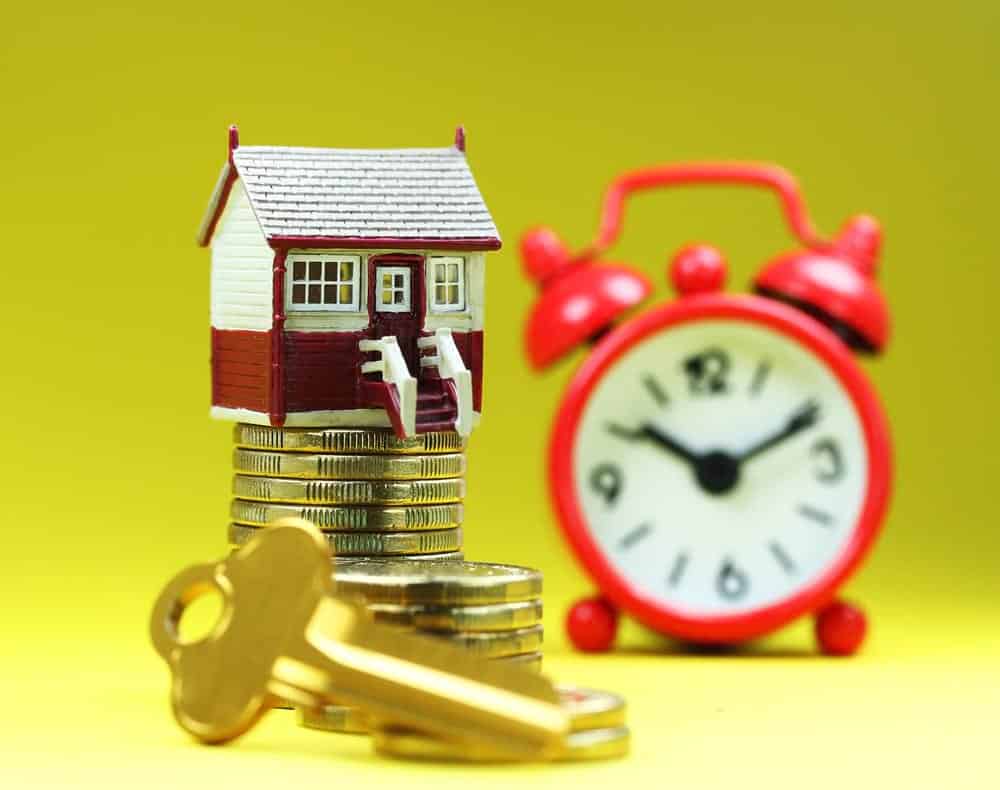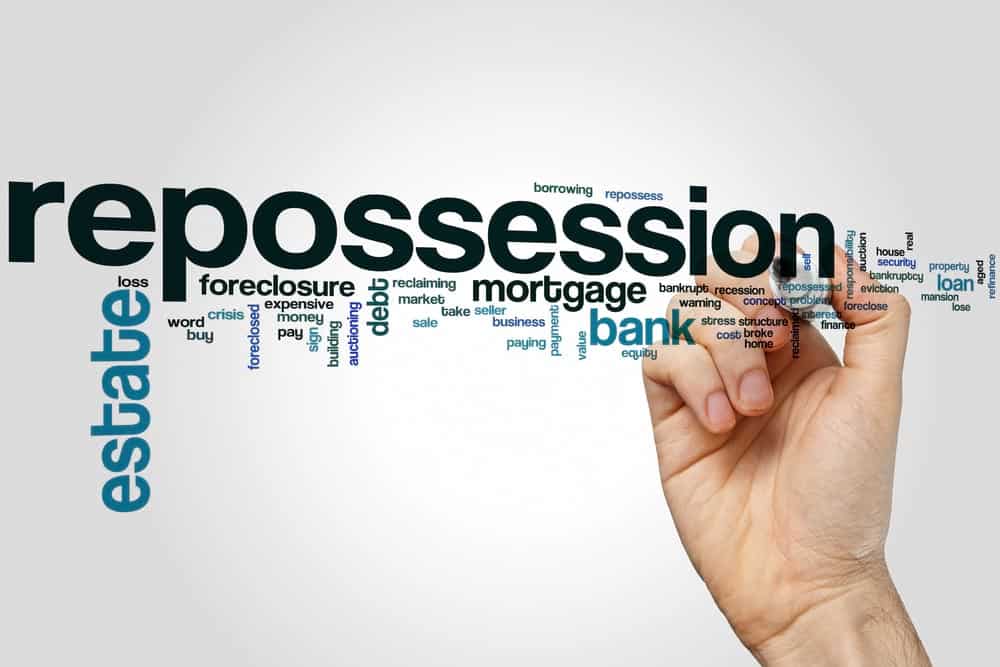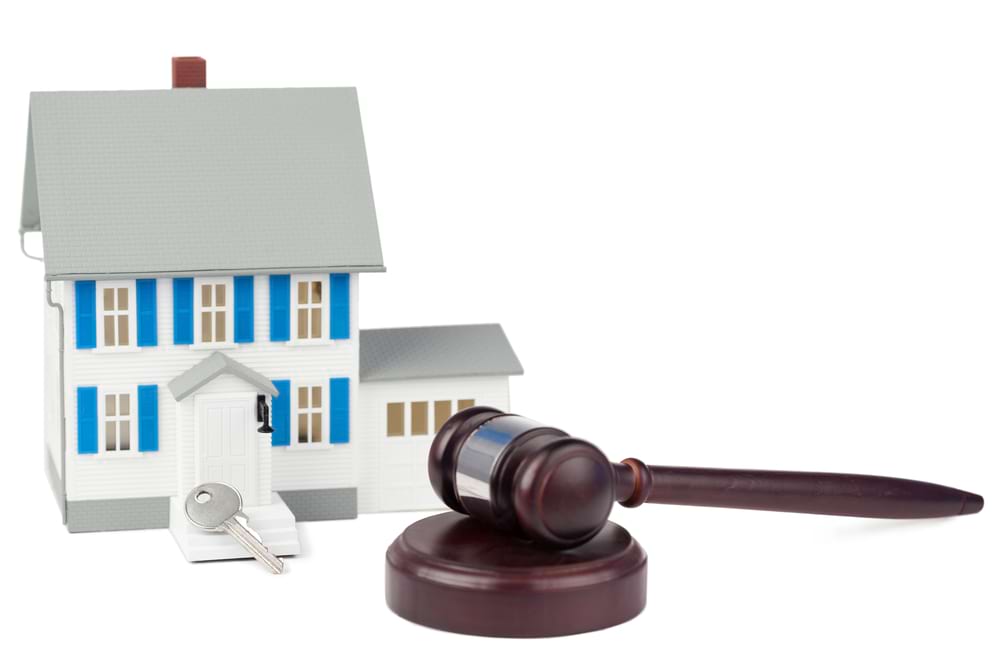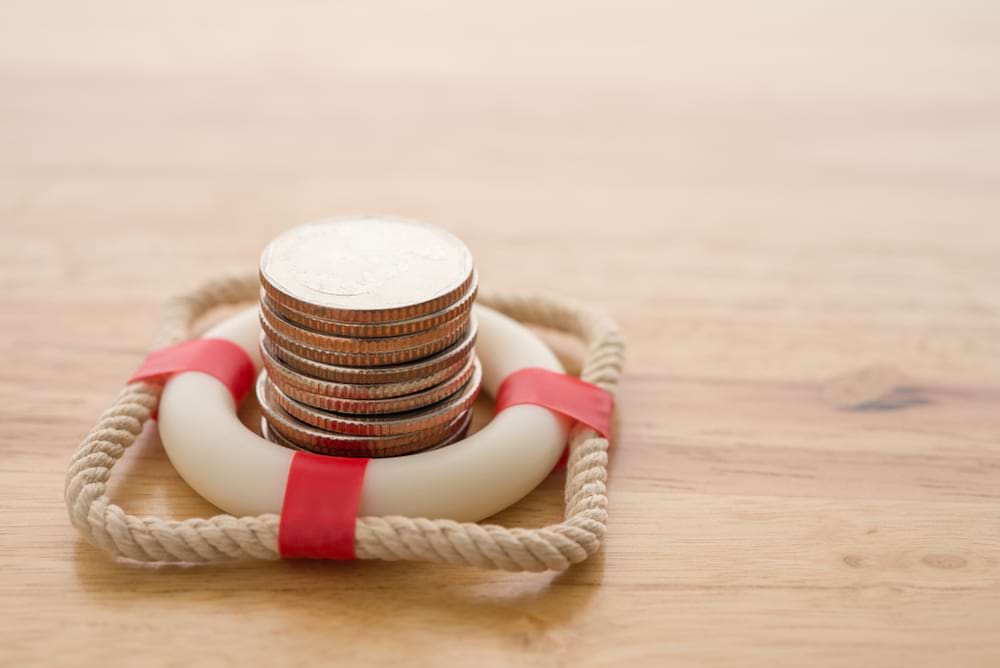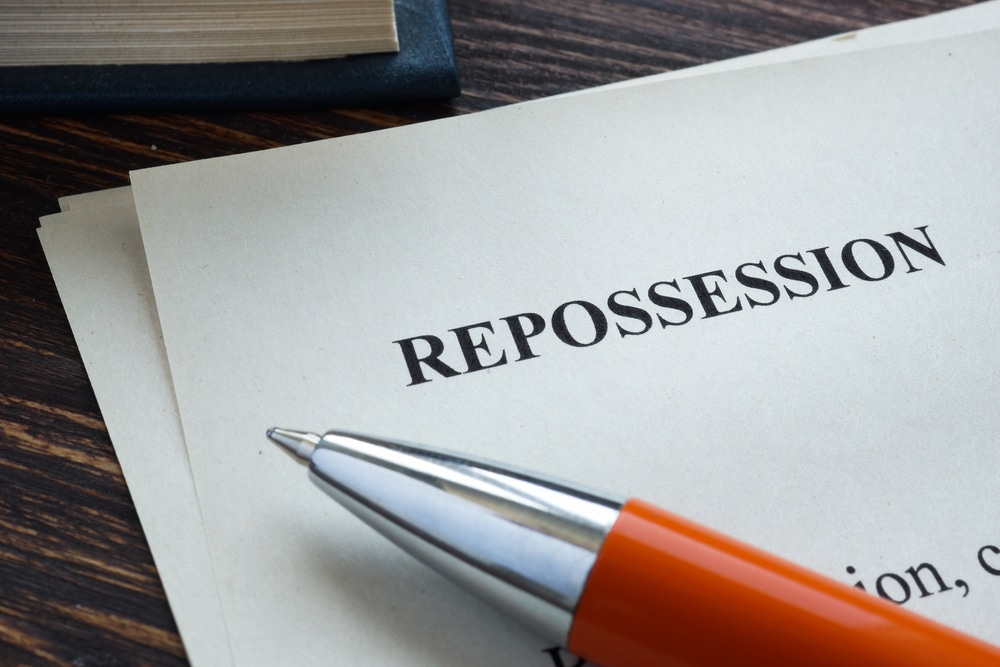Getting onto the property ladder after a home repossession seems daunting. But it is possible with careful planning.
Repossession impacts your credit score and mortgage eligibility. The circumstances make a difference, too.
This blog explores whether you can get a mortgage after repossession. We’ve also given steps to rebuild your credit.
Can I rent a house after repossession?
Yes, you can still rent a property after a home repossession. This option can provide you with a stable living situation.
Landlords and letting agents will likely want to see proof of income.
Stable employment will help you with your rental application. Be prepared to provide references from previous landlords or employers.
Some landlords may hesitate to rent to you after a repossession. However, many understand that reputable tenants can run into financial difficulty.
To ease any concerns early on, consider offering a larger deposit or rent paid in advance.
Afterwards, paying rent on time and communicating can rebuild your credibility. Over time, this will strengthen your mortgage application when the time comes.
It’s worth noting that the council can also help rehome you after a repossession, too.
Can I get a mortgage after repossession?
It is possible to get a mortgage after repossession. But most lenders want you to wait 6 years before they consider an application.
Their assessment will depend on these three factors, amongst others:
- How long ago the repossession occurred
- The reasons behind the repossession
- Your credit and employment history since the repossession
Specialist lenders and building societies may review applications sooner than 6 years. But interest rates will likely be higher.
The further from the repossession date, the more favourable rates and terms you can expect.
Meeting regular credit payments in the intervening years works in your favour. Surrounding your application with other positives will improve your chances of acceptance.
Does the reason for repossession make a difference?
Lenders will consider the context behind your repossession.
Life events that lenders recognise as understandable are:
- Relationship breakdowns
- Reduced incomes
- Job losses
However, other events may be viewed unfavourably, such as:
- Repossession due to gambling
- Undisclosed debts
- Spending that shows bad money management.
Either way, you must rebuild your profile before most lenders consider assisting with finance.
Evidence of reckless credit applications following the repossession will also count against you.
Lenders want to see that the cause of the initial problem was temporary. They want to know that you have adopted better financial habits.
Your credit record will provide insight. Use the intervening years to show lessons learned.
How long do I have to wait after a repossession before I can get a mortgage?
The waiting period is 6 years after repossession before the lender considers you. The exact length depends on factors like:
- The lender’s specific policies
- Your credit and income history
- Explanations for the repossession
- Your financial profile
The better your credit score, the shorter your waiting period will likely be. Some lenders accept applications after four years if you have an excellent credit profile.
But suppose your credit record remains checkered or income unstable. In that case, you may need to wait 6 years before approval.
Building savings for a deposit in the intervening years will also work in your favour. A bank will be more willing to give you a mortgage, and the terms will be more favourable with a larger deposit.
Can I get a repossession removed from my record?
Unfortunately, getting a past repossession removed from your credit file is unlikely.
The public record of the repossession and missed payments leading to it will remain for 6 years from the date it took place.
Financial institutions will always have access to important financial information such as repossessions and bankruptcies.
But the stain on your record does fade over time. After 4-5 years, your chances are better.
You may be able to request corrections if the repossession was wrong or unlawful.
But the chances of having it erased are very slim, given its significance for your creditworthiness.
Time and good financial habits must repair the damage rather than quick fixes. Be patient, and if needed, speak to a mortgage advisor for more guidance.
Does repossession affect my credit score?
Yes, it will. A home repossession can lower your credit score due to its seriousness.
Missed mortgage payments leading up to repossession will also harm your score.
The more behind on mortgage payments you are (or were), the worse the impact.
Going into arrears and defaulting on a secured loan like a mortgage signals high risk to lenders. As a result, they will be wary of you as a new customer for many years.
After the repossession, it may take 5 years before your credit rating recovers.
You will need to make sure you don’t do any more damage during these five years. Pay all your bills on time and build up a sizeable deposit.
Advice for getting a mortgage after repossession
1. Allow enough time
High street lenders may impose a waiting period of 6 years. Only after this will they consider your new mortgage application.
Be patient and understand that this waiting period is a necessary part of the process. Specialist lenders may consider your application sooner.
2. Continue renting
Pay all rent and utility bills on time to rebuild your payment record.
Ask for positive landlord references, and use this time to build up a deposit for a new house sale, if you can.
3. Pay off debts
Clear any short-term loans and reduce unsecured debts to show you can manage your debts.
If you use a credit card, make sure you pay it off at the end of each month.
4. Build savings
Save for the largest deposit possible. Aim for at least 10%, but aim for 20% or higher if you can.
The larger your deposit, the more likely a bank is to make you a favourable offer.
5. Use credit responsibly
Have 1-2 active credit cards or loans with small limits. Make all payments on time and in full. Or, switch to a debit card only and get all use of credit out of your life.
6. Gather evidence
Prepare proofs of income, tax returns, and current obligations. Draft explanations for the cause of repossession and the lessons learned. Once again, references can be useful in this situation.

